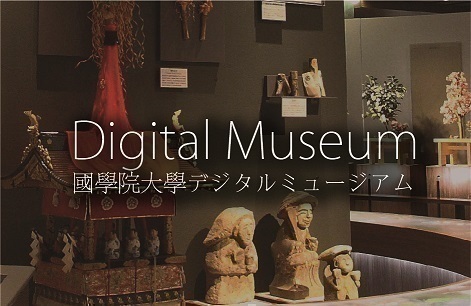- トップ
- Encyclopedia of Shinto
- Ienokami
Encyclopedia of Shinto
| Main Menu: | |
| Links: |
詳細表示 (Complete Article)
| カテゴリー1: | 2. Kami (Deities) |
|---|---|
| カテゴリー2: | Kami in Folk Religion |
| Title | Ienokami |
| Text | [Ie no kami] "Kami of the home." In general, any kami acting as a tutelary of and bringing prosperity to the home. A wide variety of kami are enshrined (see saijin) in the role of "kami of the home," however, making it difficult to comprehend them in any systematic way. Concrete examples include kami enshrined on household altars (kamidana); kami of the hearth (kamadogami) enshrined near sources of fire; Ebisu, Daikoku and other kami of good fortune (see fukujin shinkō) enshrined in the kitchen; storeroom kami enshrined in a corner or a nook of a room; as well as kami of the residence (yashikigami) which are normally worshipped out of doors. Household altars or kamidana today tend to be used to display symbols of kami with high official rank (shinkai) within modern shrine Shinto, typified by the amulets distributed by the Grand Shrines of Ise; in earlier times, they were likely used to enshrine the paper emblems (shinsatsu) of tutelaries found in the local community area. Because the hearth was a viewed as symbol of the home, the kami of the hearth came to have features both of a household kami and a kami of agriculture. Ebisu and Daikoku have been characterized as kami watching over household assets, and at the same time, as kami of fields (ta no kami). Similarly, because kami of the storeroom were enshrined where grain was preserved, these kami likewise took on attributes as kami of the grain and fields. Further, because festivals honoring the residential kami came to be observed around the same time as the seasonal migration of the field kami between rice paddy and mountain, the kami of the residence came to possess features in common with the kami of the fields. In sum, the close affinities between household kami and field kami are believed to have worked to lead to an amalgamation of field kami and house kami, as the site of festivals to the field kami gradually moved from outdoors to inside the home. Finally, household kami have jurisdiction over family prosperity, and they are believed to bring ruin to a home where they are worshiped inadequately. Other kami counted as household deities include the zashiki warashi ("divine child of the house") and the oshirasama. -Iwai Hiroshi |




